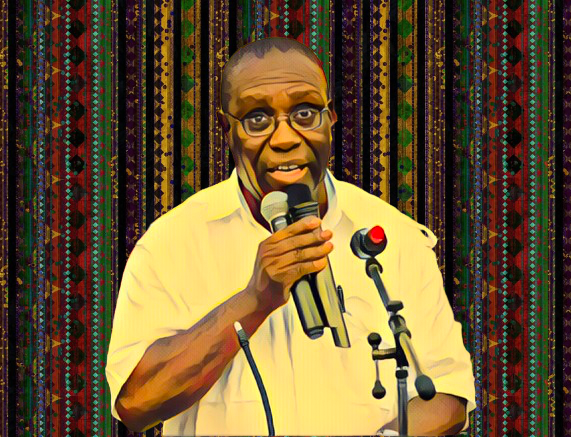In a recent development that has sparked widespread concern among workers across Ghana, Dr. Yaw Baah, the Secretary General of the Trades Union Congress (TUC), has voiced strong opposition to the government’s decision to impose a 15% Value Added Tax (VAT) on electricity consumption exceeding the lifeline limit. Dr. Baah’s comments came during the swearing-in ceremony of the newly-elected leaders of the Ghana Registered Nurses and Midwives Association (GRNA) at their head office in Shiashie near Gulf House, Accra, on January 17, 2024.
Dr. Baah expressed his dismay at the government’s decision to tax what is considered a basic necessity, stressing that this move would add to the already substantial burden on the working population. He questioned the rationale behind the government’s choice to further tax electricity, especially when citizens are already facing numerous economic challenges.
The TUC Secretary General highlighted that the current lifeline threshold of 30 kilowatt-hours (kWh) was reduced from the previous 50 kWh, which now means that even minimal electricity usage, such as having two light bulbs and a television on for more than five hours, would subject consumers to the new tax. He emphasized that this policy would impact almost everyone, including those using refrigerators, and warned of the potential for future taxes on other essential services like water.
Dr. Baah also noted that the VAT on power consumption was actually legislated back in 2013, but it is only under the current government that its implementation has been pursued. He attributed this move to pressure from the International Monetary Fund (IMF), urging the workers to prepare for a significant battle against this policy.
The imposition of VAT on lifeline electricity consumers has been met with resistance from various quarters, reflecting the broader discontent with the government’s tax policies. Dr. Baah’s call to action resonates with a populace increasingly weary of economic pressures and seeking relief from additional financial burdens.
The TUC, representing a wide array of workers, views this tax imposition as a direct affront to the welfare of the Ghanaian worker. Dr. Baah’s remarks at the GRNA event underscore the growing unrest among labor unions and the working class, who see this move as an unnecessary and unfair strain on their already stretched resources.
The situation in Ghana reflects a complex interplay of economic policy, international influence, and domestic welfare concerns. As the TUC rallies against the imposition of the 15% VAT on electricity, the response from the government and the ensuing developments will be closely watched by the public and international observers alike.
The outcome of this struggle has implications not just for the immediate financial well-being of Ghanaians but also for the broader socio-economic landscape in the country. With the TUC taking a firm stance against the tax, the coming weeks are expected to see heightened dialogue and potential demonstrations as workers and their representatives seek to overturn the government’s decision.
As Dr. Baah’s remarks echo through the corridors of power and among the working class, the debate over the VAT imposition on electricity is set to become a pivotal issue in Ghana’s ongoing discourse on economic policy and worker’s rights.
This development comes amidst a series of other challenges faced by the government, as indicated by related news and statements from various stakeholders. The TUC’s strong position against the VAT on electricity consumption is a clear indicator of the growing concerns about the economic direction the country is taking and the need for policies that are more considerate of the common citizen’s welfare.





1 comment
Can you be more specific about the content of your article? After reading it, I still have some doubts. Hope you can help me. https://www.binance.info/ru-UA/register-person?ref=OMM3XK51